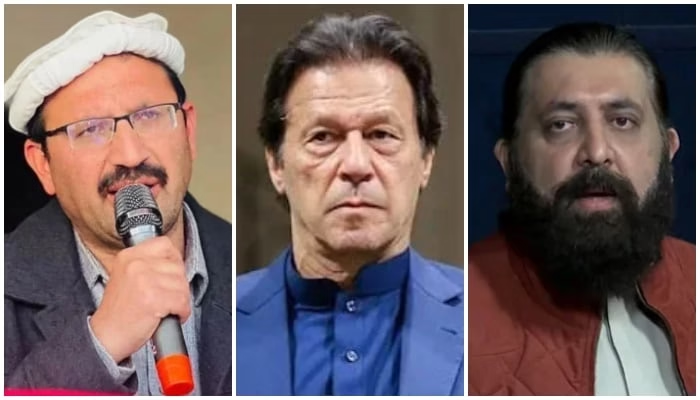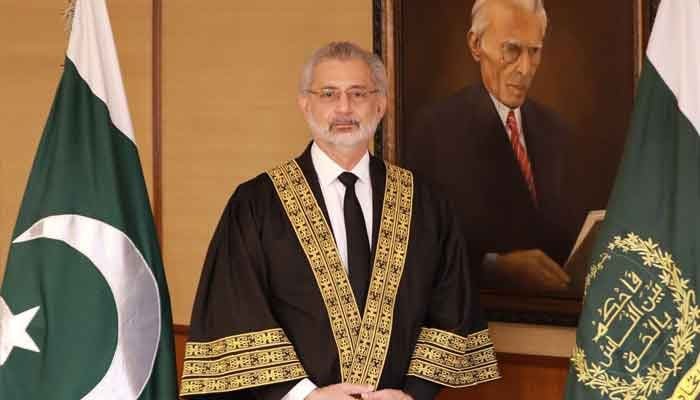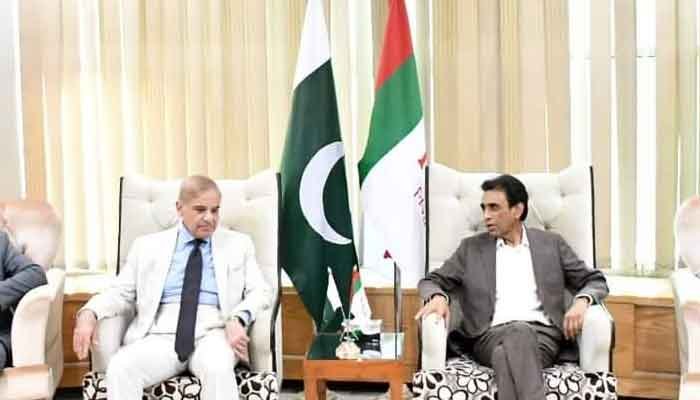Pakistan Tehreek-e-Insaf (PTI) lawmakers have begun resigning from parliamentary standing committees, following directives from party founder Imran Khan. This decision is part of PTI’s broader political strategy, which also includes boycotting upcoming by-elections. The resignations mark another chapter in the party’s ongoing confrontation with the ruling coalition and the Election Commission of Pakistan (ECP).
PTI Lawmakers Step Down from Key Committees
Several PTI members of the National Assembly have already submitted their resignations. Among them are Ali Asghar, Sajid Khan, Shahid Khattak, Faisal Amin Khan, and Asif Khan.
- Ali Asghar resigned from the Cabinet, Privatisation, and Planning committees.
- Sajid Khan stepped down from the Overseas, National Heritage, and Kashmir-related committees, even stating that he would vacate his assembly seat if instructed by Imran Khan.
- Faisal Amin Khan, brother of Khyber Pakhtunkhwa Chief Minister Ali Amin Gandapur, left the Economic Affairs, Food Security, and Parliamentary Task Force committees.
- Shahid Khattak announced his withdrawal from all standing committees.
- Asif Khan resigned from the Education, National Heritage, Culture, and Information and Broadcasting committees.
In addition, Junaid Akbar relinquished his position as chairman of the Public Accounts Committee, submitting his resignation to the party’s chief whip Amir Dogar. National Assembly Speaker Ayaz Sadiq has confirmed receiving the resignations of Faisal and Ali.
PTI spokesperson Sheikh Waqas Akram also submitted his resignation from all committees, aligning with the party’s collective decision.
Imran Khan’s Directive to Quit Judicial Commission
Beyond parliamentary committees, PTI founder Imran Khan has instructed party leaders to withdraw from the Judicial Commission as well. PTI Chairman Barrister Gohar Khan and Senator Ali Zafar are members of the commission, though Barrister Gohar has not yet stepped down. Sources inside the party suggest that PTI views its participation in the Judicial Commission as ineffective.
This move further underscores PTI’s strategy of distancing itself from institutions it believes are being influenced against its political interests.
PTI’s Boycott of By-Elections
The resignations from parliamentary committees coincide with PTI’s announcement to boycott the upcoming by-elections. These elections are being held in constituencies left vacant after several PTI lawmakers were disqualified by the ECP in connection with cases related to the May 9 riots.
PTI has declared that those disqualified members remain its “true representatives,” signaling the party’s refusal to recognize the legitimacy of these by-elections.
The Election Commission has announced that dozens of constituencies across Pakistan will go to by-polls in the coming months. Meanwhile, the ruling coalition — led by the Pakistan Muslim League-Nawaz (PML-N) and Pakistan Peoples Party (PPP) — has decided to contest the elections jointly to consolidate its electoral strength.
Political Context Behind PTI’s Strategy
PTI’s withdrawal from parliamentary committees is not an isolated decision. In 2023, the party had already dissolved the Punjab and Khyber Pakhtunkhwa assemblies as part of its protest against the then-PDM-led federal government.
By resigning from committees and boycotting elections, PTI aims to highlight what it calls an unfair political environment. Analysts argue that this approach is designed to build political pressure while maintaining party unity around Imran Khan’s leadership.
Impact on Governance and Parliamentary Functioning
The resignation of PTI lawmakers from key committees will likely weaken parliamentary oversight on crucial areas such as economic affairs, food security, and accountability. Committees play an essential role in scrutinizing government policies, and PTI’s withdrawal creates a vacuum that ruling coalition members may fill.
However, PTI’s absence also signals its shift from parliamentary politics to street-level mobilization and international advocacy. Political experts note that the party is betting on public sympathy, especially given Imran Khan’s legal battles and imprisonment.
PTI’s Position in Pakistan’s Political Landscape
Despite facing setbacks, PTI remains a significant political force in Pakistan. According to the Election Commission’s statistics from early 2024, PTI-backed candidates still hold influence in several constituencies, particularly in Khyber Pakhtunkhwa. Moreover, surveys by independent think tanks suggest that PTI retains a strong support base among urban middle-class voters, even though its parliamentary role is diminishing.
The ruling coalition, on the other hand, sees PTI’s boycott as an opportunity to expand its parliamentary majority through uncontested or lightly contested by-elections. This could further sideline PTI from legislative influence in the near future.
The resignation of PTI lawmakers from parliamentary committees reflects a deliberate political strategy aimed at challenging the current political setup. By boycotting by-elections and distancing itself from parliamentary processes, PTI seeks to demonstrate its protest against what it views as an unfair system. While this approach may resonate with its core supporters, it also risks reducing the party’s institutional presence in governance.
As Pakistan heads toward by-elections, the political divide is expected to deepen. PTI’s moves will shape not only the upcoming contests but also the broader narrative of whether parliamentary engagement or protest politics will dominate the country’s democratic future.



